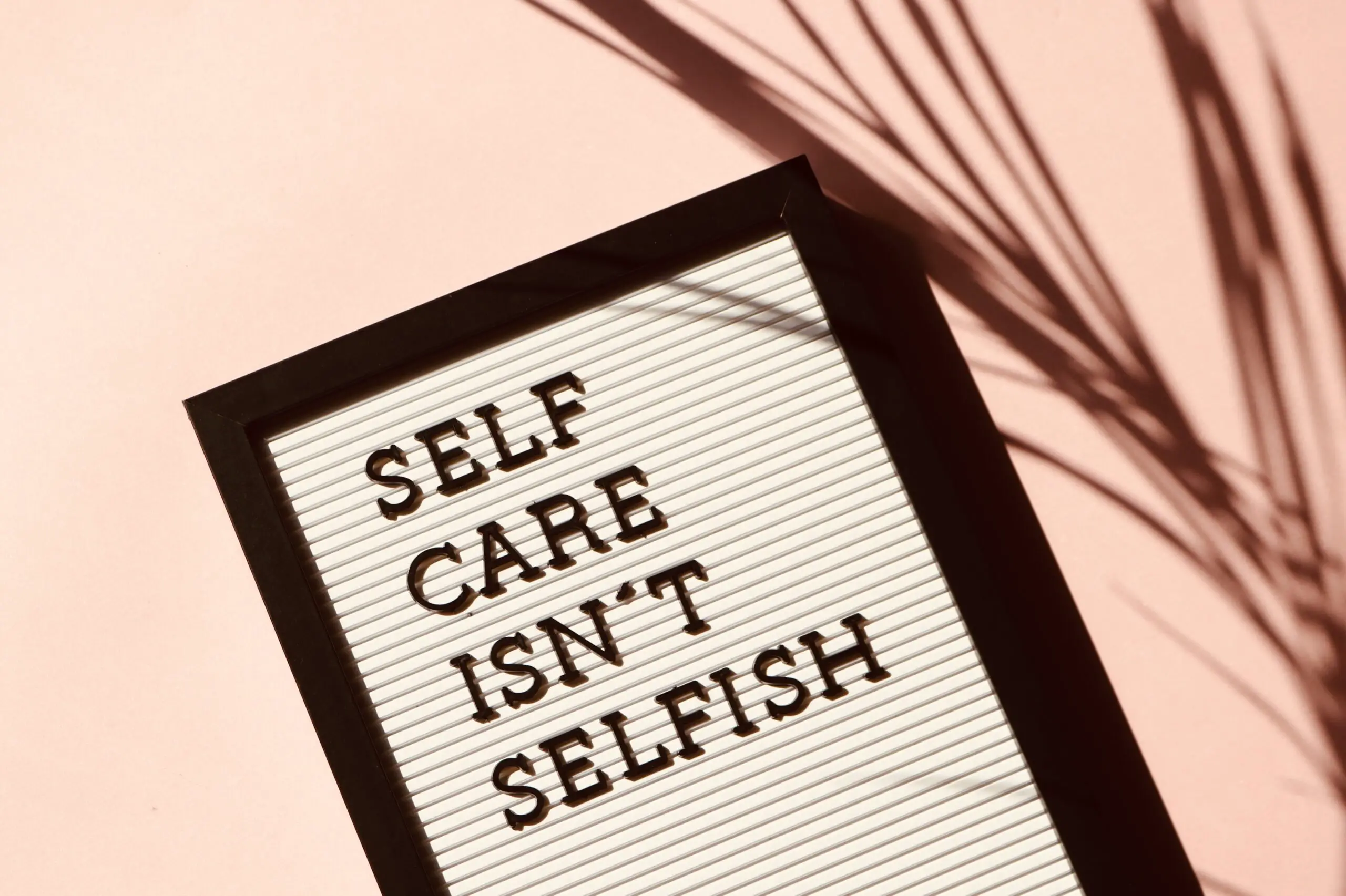The Importance of Sleep for Mental Health
The Importance of Sleep for Mental Health
Sleep is a vital component of our physical and mental health. Not only does it help our bodies recharge and recover, but it also plays a critical role in our cognitive functioning and emotional well-being. In this post, we’ll explore the importance of sleep for mental health, discussing how it affects our minds and bodies, and provide tips for getting a good night’s sleep.
Introduction
Mental health issues are a growing concern today, with millions of people struggling with conditions such as depression, anxiety, and post-traumatic stress disorder (PTSD). Sleep problems are also prevalent, with many people suffering from insomnia or other sleep-related disorders. Recent studies have shown that there is a strong link between sleep and mental health, indicating that poor sleep can contribute to the development of mental health problems.
The Link between Sleep and Mental Health
The Effects of Sleep Deprivation on Mental Health
One of the most significant ways that sleep affects mental health is through sleep deprivation. When we don’t get enough sleep, our brains and bodies become fatigued, leading to a host of negative consequences. For example, a lack of sleep can cause mood swings, irritability, and anxiety, making it difficult to regulate emotions and maintain healthy relationships. It can also cause cognitive impairment, including difficulty concentrating, memory problems, and reduced creativity, which can affect our work and personal lives. You may also like…The Connection Between Sleep and Mood.
Sleep and Mental Health Disorders
Sleep problems are also a common symptom of many mental health disorders. For instance, depression and anxiety can cause insomnia or disrupted sleep patterns, while bipolar disorder may lead to episodes of both sleeplessness and excessive sleepiness. PTSD can also disrupt sleep, with many people experiencing nightmares or flashbacks that prevent them from getting adequate rest.
The Benefits of Good Sleep for Mental Health
In contrast, getting a good night’s sleep can have numerous benefits for mental health. For instance, it can improve mood, reduce anxiety and stress, enhance creativity and productivity, and improve overall cognitive function. It can also help regulate our emotions, making it easier to cope with stressful situations and maintain healthy relationships.
Understanding the Impact of Social Media on Mental Health
Tips for Getting a Good Night’s Sleep
Establish a Regular Sleep Routine
One of the most effective ways to improve sleep quality is to establish a regular sleep routine. This means going to bed and waking up at the same time every day, even on weekends. Doing so can help regulate our body clocks, making it easier to fall asleep and wake up feeling rested.
Create a Sleep-Conducive Environment
Another crucial factor in getting a good night’s sleep is creating a sleep-conducive environment. This means making sure that our bedrooms are comfortable, cool, dark, and quiet, with comfortable pillows and blankets and no distractions such as electronic devices. It can also be helpful to use relaxation techniques such as aromatherapy or soothing music to promote relaxation before bedtime.
Weighted blankets
A randomized study showed that weighted blankets have a significant effect on insomnia in patients with major depressive disorder, bipolar disorder, generalized anxiety disorder, or ADHD. The impact on insomnia was clinically meaningful, with the mean level of insomnia improving from “severe” to a level of “subthreshold insomnia” on the primary outcome measure. Patients who continued using the weighted blankets maintained the impact on sleep, but also significantly improved symptoms of depression and anxiety compared to the control blanket group. The study concluded that weighted blankets are an effective, safe, and clinically meaningful treatment for insomnia in patients with co-occurring major depressive disorder, bipolar disorder, ADHD, or generalized anxiety disorder…Journal of Clinical Sleep Medicine
Avoid Stimulants
Stimulants such as caffeine, nicotine, and alcohol can interfere with our ability to fall asleep and stay asleep. Therefore, it’s best to avoid these substances in the hours leading up to bedtime, or at least limit their consumption.
Get Plenty of Exercise
Regular exercise has been shown to improve sleep quality, as well as mental health. Aim for at least 30 minutes of moderate-intensity exercise each day, such as brisk walking, cycling, or swimming. However, try to avoid vigorous exercise in the hours leading up to bedtime, as this can be too stimulating and make it harder to fall asleep.
Manage Stress
Stress and anxiety can be major obstacles to getting a good night’s sleep. Therefore, it is important to find ways to manage stress, such as meditation, yoga, or deep breathing exercises. These relaxation techniques can help calm our minds and bodies, making it easier to fall asleep and stay asleep.
Conclusion
Sleep is a fundamental component of our overall health and well-being, and it’s especially critical for our mental health. Poor sleep can contribute to the development of mental health problems, while good sleep can enhance our cognitive functioning and emotional resilience. By establishing a regular sleep routine, creating a sleep-conducive environment, avoiding stimulants, getting plenty of exercise, and managing stress, we can improve our sleep quality and enhance our mental health.
We would love to hear your thoughts on the importance of sleep for mental health. Share your experiences, make suggestions, and start a conversation in the comments section below. Don’t forget to share this article with others who may find it helpful!
FAQ
- How many hours of sleep do adults need? Most adults need 7-9 hours of sleep per night.
- What are some common sleep disorders? Insomnia, sleep apnea, and restless leg syndrome are some common sleep disorders.
- Can lack of sleep cause mental health problems? Yes, sleep deprivation can cause mood swings, irritability, and anxiety, and can contribute to the development of mental health problems.
- Can exercise improve sleep quality? Yes, regular exercise can improve sleep quality and enhance mental health.
- What is sleep hygiene? Sleep hygiene refers to the practices and habits that promote good sleep quality, such as establishing a regular sleep routine and creating a sleep-conducive environment.








